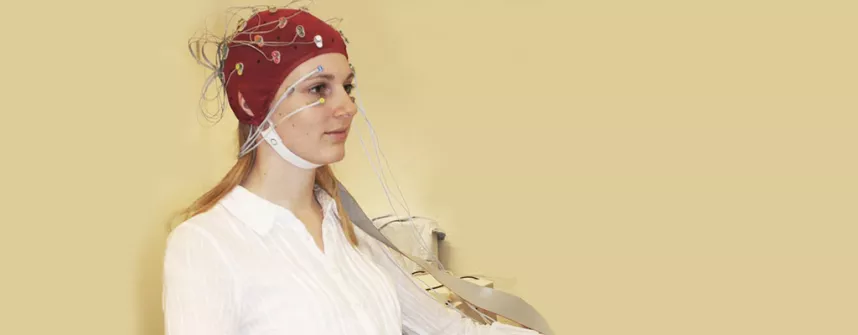Musicians and dexterity in old age: Jacobs University Bremen is looking for study participants
April 9, 2019
The ability of fingers to grasp small objects and feel fine surface structures decreases with age. This is due to a decrease in the sensitivity of the fingers, but also to changes in the brain. Using musicians as an example, researchers at Jacobs University Bremen want to examine these changes. They are looking for musicians between the ages of 20 and 30 as well as 55 and older to take part in the study. They should have been playing their instrument regularly for at least ten years, about two hours a day. Non-musicians of the same age group are also sought.
The regions of the brain that are important for the processing and perception of sensory stimuli play a vital role in the changes in finger skills. Researchers at Jacobs University have shown that people who have a job or hobby that regularly requires a high level of dexterity are more sensitive into old age than those who do not train their hands as extensively. This applies, for example, to instrumental musicians. Daily motoric training slows down the aging of the brain. What exactly happens in the brain and how one can help the brain to train sensory perception is what the researchers now want to investigate in their new study.
The time required for possible test subjects is manageable: they would have to spend two hours each on two days on the campus of Jacobs University in Bremen Nord. While they feel and distinguish things with their fingers, the brain waves are measured using small electrodes on the head. After this, tiny electrical impulses will be administered which shortly in- or decrease brain activity. The EEG as well as the brain stimulation are being used internationally in numerous studies and are completely harmless, pain free and free of side-or after-effects. For their support, study participants receive an expense allowance of eight euros per hour.
Contact and further information:
B.Sc. Maite Koop | Neuroscience Research Group| Psychology and Methods
m.koop [at] jacobs-university.de | phone: +49 421 200-3045
